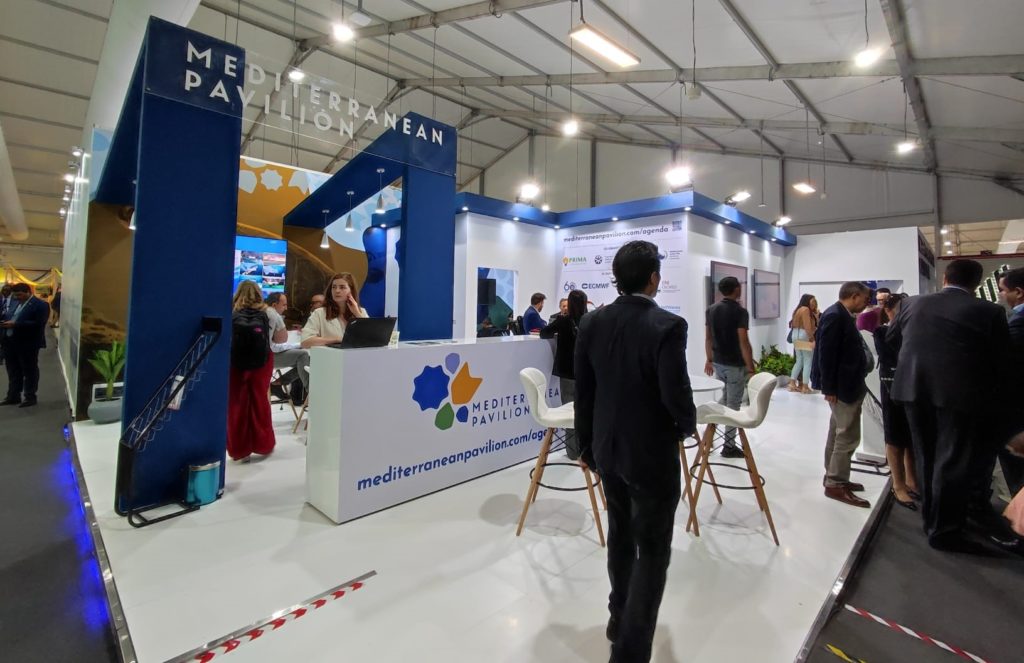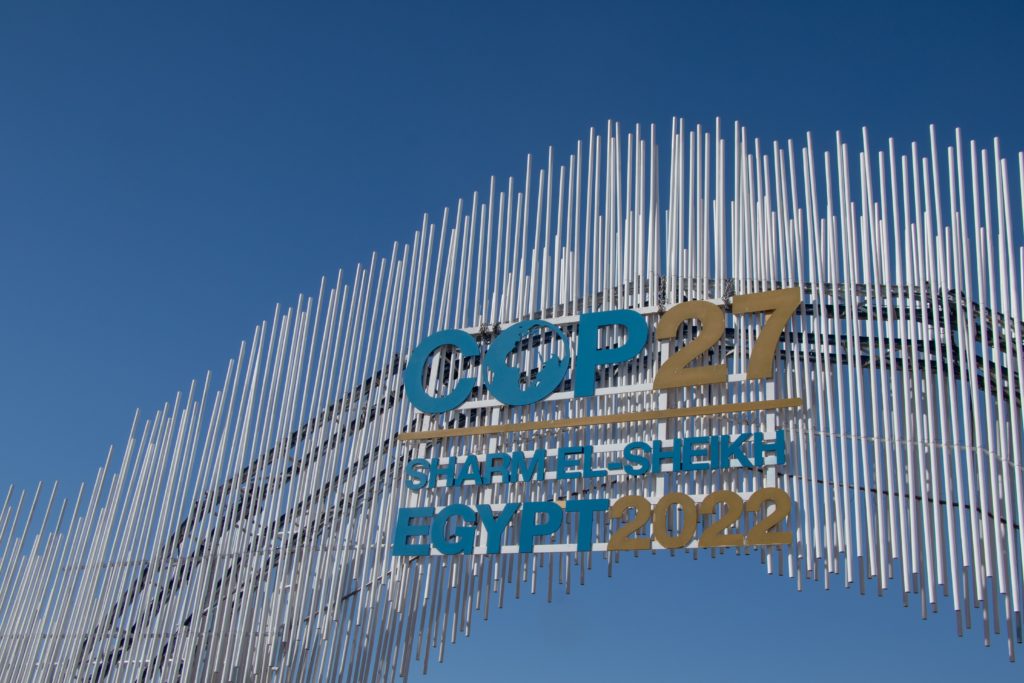Stepping up climate action in the Mediterranean
Alessandra Sensi, head of the environment, green and blue economy sector at the Union for the Mediterranean (UfM), spoke about the complex challenges facing the Mediterranean region from climate change, pollution and economic hardship.

The UfM is an intergovernmental institution bringing together 42 countries to promote dialogue and cooperation.
The Mediterranean region is the most affected place in the world by climate change, warming 20 percent faster than the world’s average, making action to fight the effects of climate change a necessity now more than ever.
However, despite the challenges, the region is becoming more united to face them, providing human, technical and financial resources to find solutions to these challenges, Sensi explained.
Sensi also spoke about the UN Climate Change Conference (COP27), which took place in November 2022 in Sharm El-Sheikh (Egypt).
She said she witnessed at the conference increased dialogue related to the Euro-Mediterranean region, including the first ever Mediterranean pavilion in a COP.
COP27 has been an extremely important event for dialogue about the effects of climate change on the Mediterranean region, including the first ever pavilion for the region at a COP, as Egypt has been at the forefront of all environmental and multilateral agreements, she said.
“The UFM helps fundraise and attract investment from different donors to help implement the priorities which are chosen together by the members of the UFM,” she said, adding that the UFM does not fund projects but supports the projects’ development and implementation, the search for the necessary financial resources as well as political and technical support to secure its launch.
Sensi pointed out that the UFM works on making sure the southern Mediterranean countries have access to more funding and opportunities for investment, with many projects related to preserving ecosystems including marine litter, marine protected area, and other projects under preparation on the development of small ports as transport and economic hubs.
Other projects, she added, include the development of maritime clusters, which are associations bringing together public, private and the research sectors in the region.
“COP27 has been an extremely important event with Egypt being at the forefront of all environmental and multilateral agreements,” Sensi stated, adding that 2022 has been a very difficult year with droughts, heat waves, floods and rising sea temperatures.

The latest project of the UFM with Egypt called “Training Activities under the Program on the Development of a Network of Euro-Mediterranean Logistics Platforms (LOGISMEDTA),” was announced recently. The country’s Ministry of Transport will provide a financial symbolic contribution of 50,000 euros. The project will help develop the maritime hub of East Port Said, Sensi pointed out.
She stated that since the Mediterranean region is warming 20 percent faster than the global average, and suffering the most from the negative consequences, the UFM is looking for more funding for adaptation efforts in the region, and that support for it is an urgent measure to help the region face the effects of climate change.
“We have many partners in the region, as we operate under a multi-stakeholder approach involving academia, private sector and civil society, regional and international organisations,” Sensi explained, adding that this will help ensure the convergence of the UFM’s 42 countries with their agendas.
The region is diverse and the UFM is linking the Euro-Mediterranean countries who share some common challenges, and we need to make the needs of each country clear on each project’s level, she added
According to Rym Ayadi, president and founder of the Euro-Mediterranean Economists Association (EMEA), an independent organisation of economists trying to bridge Europe, the Mediterranean and Africa regions through science, policy and actions, funding the move towards greener economies has become an urgent necessity.
“We need to find more incentives to move to greener economies, as there are many countries in the region still depending on fossil fuel in their economies, and it will be hard to change their economic models fast towards greener circular ones,” Ayadi told Ahram Online.
She added that EMEA is working on socio-economic scenarios for economic development up to the year 2050, by integrating sustainable principles, transparency and financial inclusion.
“We want to contribute to socio-economic policies, and integrate sustainability, climate change and all the economic models,” she pointed out.
The idea, according to Ayadi, is to have a multi-stakeholder approach by trying to put public and private sectors together with the research and academia sectors in order to think and act about accelerating the sustainable transition towards full decarbonisation, while taking into account economic development efforts.
Additionally, she said, green and blue hydrogen are filled with opportunities, but investing more in research and development is needed to allow for further possibilities to move away from fossil fuels. “There is a growing demand globally on clean energy, and this is the right time to invest in research and development for clean energy technologies and projects,” she said.
Ayadi also said that the EMEA has several partners in Egypt, including Cairo University, as part of the Euro-Mediterranean and African network of economic studies, working on research before action projects. EMEA also has under development projects in Egypt that includes helping fund sustainable entrepreneurs and green startups.
Every country has its own short term and long term challenges and priorities, and the resources are becoming scarcer with population growth. “We need to innovate, and the markets in our region have to produce sustainably, and be met with sustainable consumption as well,” Ayadi concluded.
This article was originally published in Ahram Online the 19th December 2022
